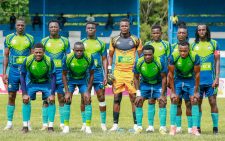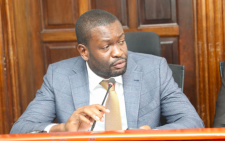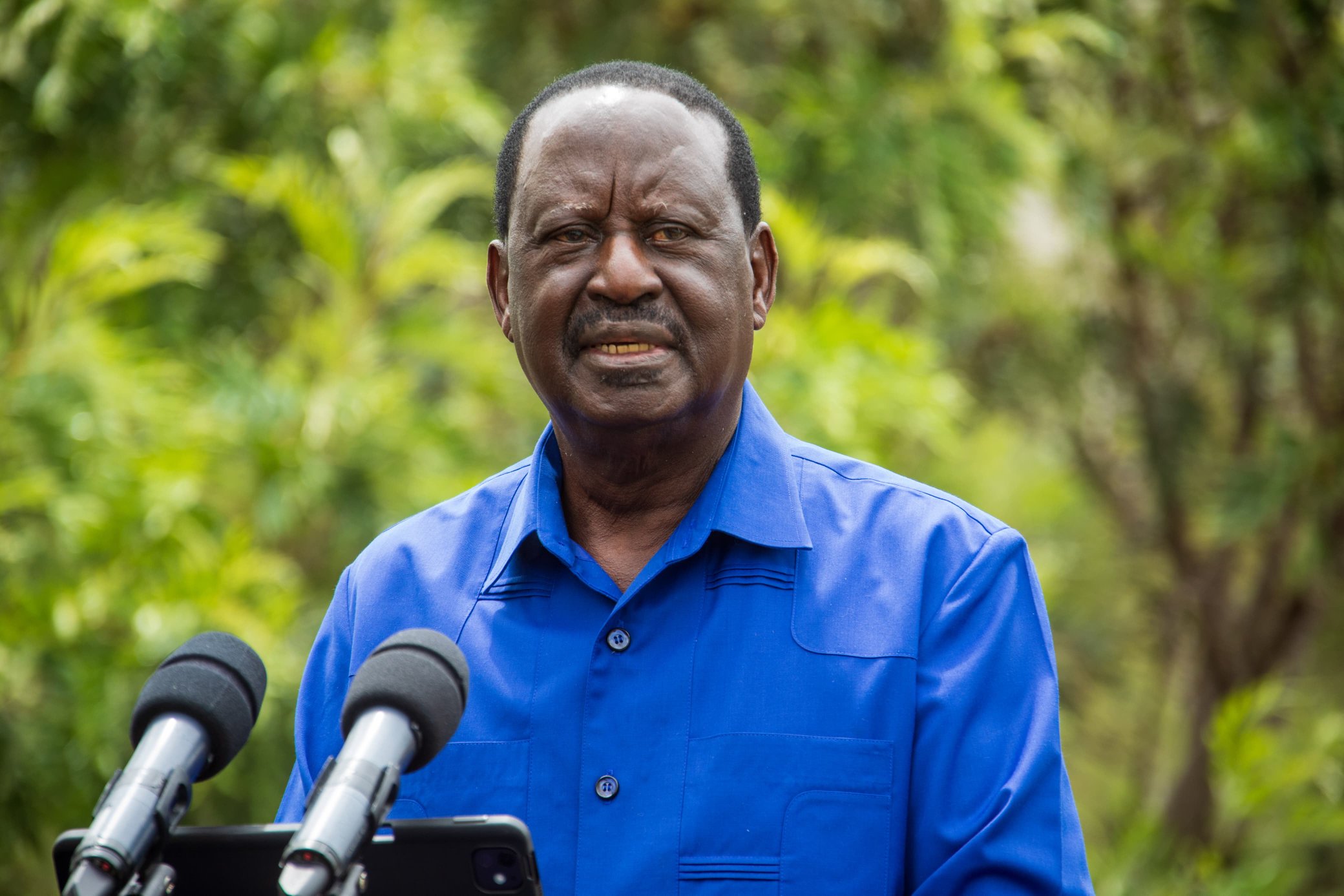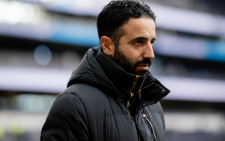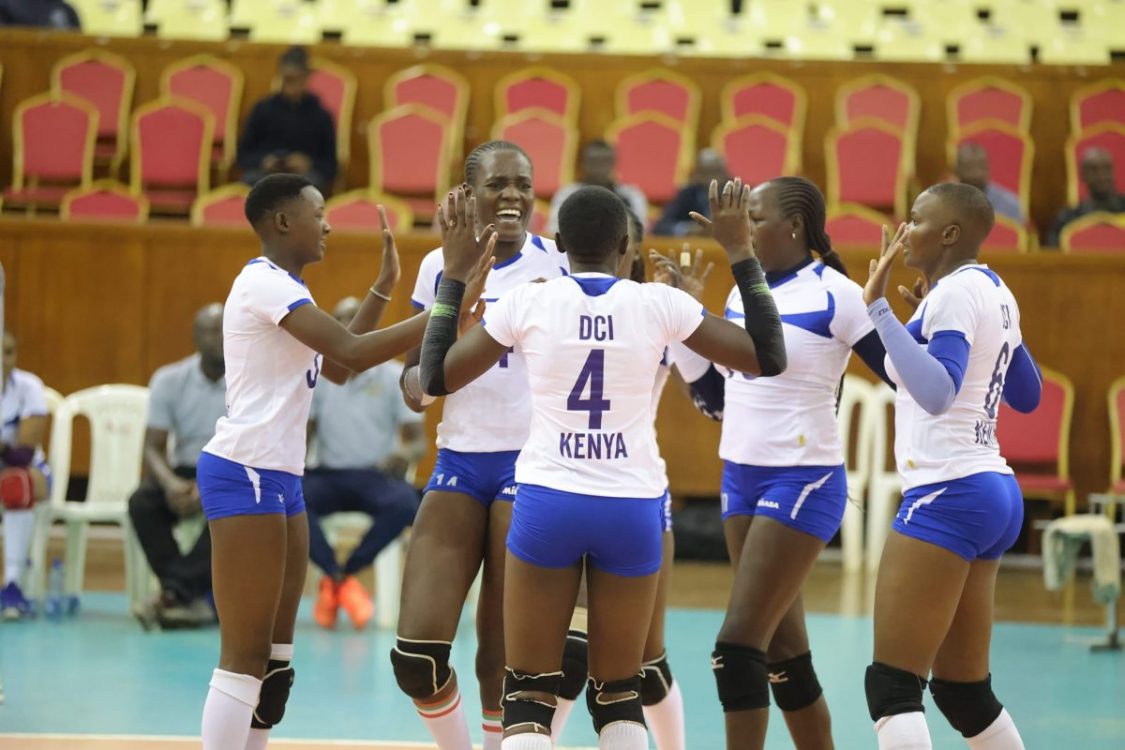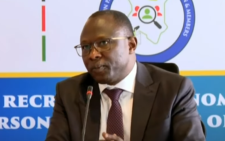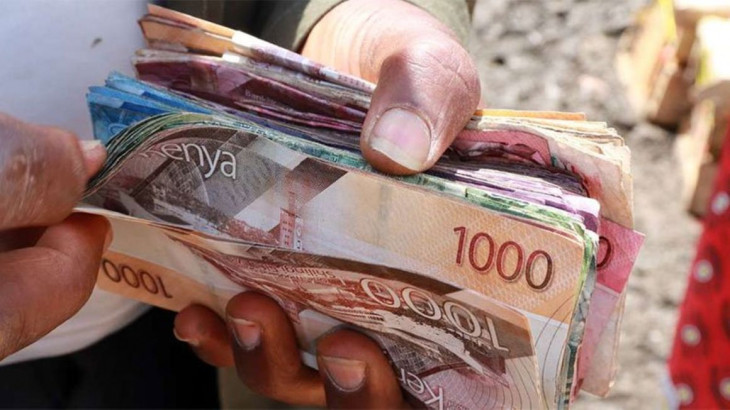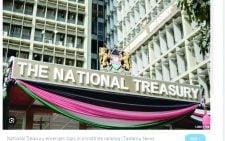Bus body builder bites the dust over accrued liabilities

East and Central Africa’s oldest and largest, bus, track and coach body manufacturing company Labh Singh Harnam Singh Ltd has bitten the dust following its inability to meet accrued liabilities.
Established in 1950 and becoming a giant in the industry, the company saw its operations halted on February 4, after being placed under a joint administration of PVR Rao and Swaroop Rao Ponangipalli, according to a notice that was recently issued.
“Following the appointment, all the affairs and business of the company are being conducted by the joint administrators whose powers extend to all assets and undertakings of the company. The powers of the directors in terms of dealing with the company’s assets are ceased,” the notice reads in part.
Consequently, parties that have claims against the company have until March 15, 2025 to make their claims following the insolvency.
“Any party having a claim against the company shall submit the claim in writing with relevant supporting b documents to the joint administration.”
The company now joins the list of motor vehicle companies that have wound down operations in the country as a result of challenges facing the industry. Recently, CMC Motors Group announced a gradual exit from the east African market, citing market challenges, including economic pressures, currency depreciation, and rising operational costs. “Despite restructuring efforts and a transformation programme initiated in 2023, the market conditions have not provided a sustainable path forward,” the company said in a statement.
In an almost similar situation, Kenya’s only vehicle manufacturer Mobius Motors in August last year announced its decision to wind up operation as a result of failing to meet its liabilities including, salary payments, and accrued debts.
This trend, further signals the difficulties that businesses including ones in the automotive industry continue to face despite the economy showing recovery signs. This now instills fear in potential investors in the sector limiting economic growth efforts that would have been boosted by factors such as jobs creation and more revenue collection by the government.
Meanwhile, lack of implementation of the automotive policy has also been termed by stakeholders in the industry as a barrier. The policy basically is aimed at boosting local manufacturing through restricting the importation of second-hand cars in the country.
Arvinder Reel, the Managing Director of CFAO identified some of the challenges the firm as non-implementation of the automotive policy, adding that players in the motor industry have been following up on the implementation efforts as revival of the local assembly also depends on the automotive policy.
“Yes we can revive our automotive industry in Kenya, but that will also mean a reduction on the age of used vehicles and the rest, so it is a coherent and all of it needs to go hand in hand,” he stated during an interview.
